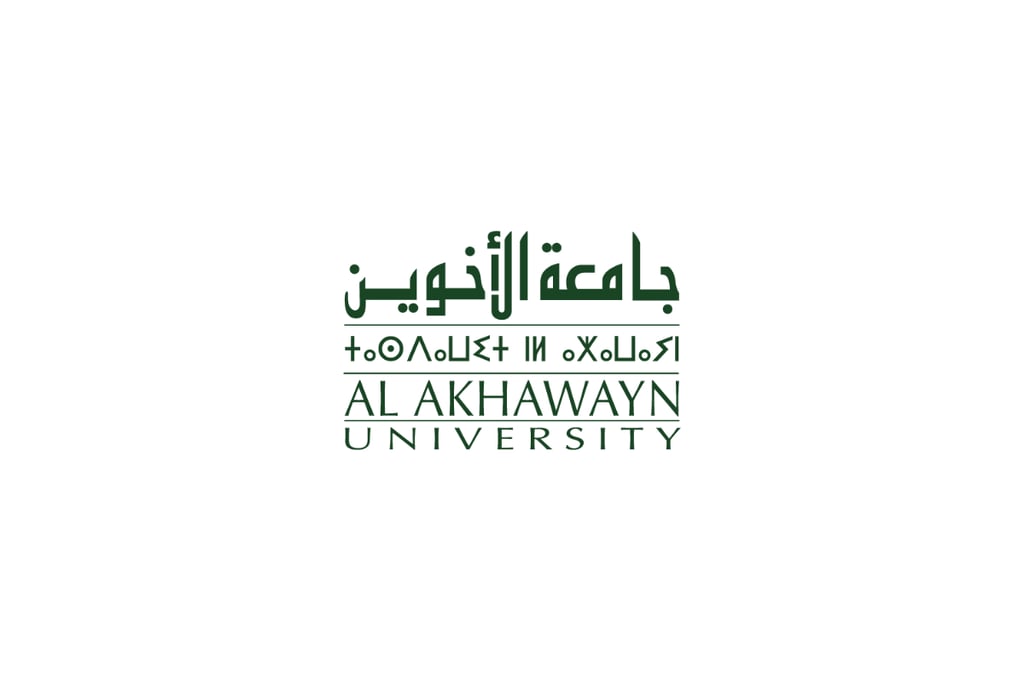
1- Dr. Muhammad Ikram Publishes a Co-authored Paper entitled “Evaluating Natural Resources Volatility in an Emerging Economy: The influence of Solar Energy Development Barriers”.
Dr. Muhammad Ikram, Assistant Professor at the AUI School of Business Administration (SBA), has published an article titled “Evaluating natural resources volatility in an emerging economy: The influence of solar energy development barriers.” The article has been published in the prestigious, Resources Policy SSCI ABS, ABDC, and Scopus, and has a 8.222 impact factor.
Through this paper, the authors evaluated the influence of solar energy barriers on natural resources volatility in China. Actually, among several natural resources, solar energy may be China's best energy option, as every year, the country receives massive sunlight. However, the country has significant challenges in attaining its solar power sector's maximum potential. Consequently, there is a substantial gap between the current and planned production of the solar industry.
The outcome of study revealed that R&D is an essential component of solar sector development. Therefore, it is proposed that R&D activities should be improved to minimize operating costs and improve domestic technology. Ample funds should be allocated to accelerate this process.
More details about the article can be found at: https://doi.org/10.1016/j.resourpol.2022.102858
2- Dr. Muhammad Ikram Publishes a Single author Paper on the Transition toward Green Economy: Technological Innovation’s Role in the Fashion Industry
Dr. Muhammad Ikram, Assistant Professor at the AUI School of Business Administration (SBA), has published an article titled “Transition toward Green Economy: Technological Innovation’s Role in the Fashion Industry.” The article has been published in the prestigious Current Opinion in Green and Sustainable Chemistry and has an 8.842 impact factor.
The fashion industry is an integral part of our economy, with a value of over $ 1.5 trillion and employing over 75 million people. During the last decade, clothing production has doubled, as the sector has grown exponentially. Fashion production contributes to 10% of the human carbon dioxide (CO2) emissions, pollutes rivers and streams, and dries up water sources. As the fashion sector thrives, a growing number of environmental impacts are coming to light. Whereas, new technological developments are used to transition to a green economy and to promote an environmentally conscious fashion movement.
Therefore, Dr. Muhammad Ikram’s study suggests that to transition to a more eco-friendly fashions sector, the #industry must focus on technical ecodesign and collaborate with companies and governments across societies, as evidenced by the way consumer behavior and education have been integrated into value propositions and technical solutions.
More details about the article can be found at: https://doi.org/10.1016/j.cogsc.2022.100657
3- Dr. Muhammad Ikram is editing a special issue “Enabling the Sustainability Models in Fashion Industry: The Role of Green Technology Innovation” in Frontiers of Environmental Sciences: Environmental Economics and Management section (Q1)- Impact Factor 5.411
Dr. Muhammad Ikram, Assistant Professor at the AUI School of Business Administration (SBA), is organizing a special issue “Enabling the Sustainability Models in Fashion Industry: The Role of Green Technology Innovation” in the Environmental Sciences: Environmental Economics and Management section.
The scope of this Research Topic covers, but is not limited to, the following topics:
• Advances in Sustainability models for Textile Valorization - The Future of Sustainable Fashion;
• Using food waste and plastic waste as feedstock for new textiles;
• The role and advantages of Green Technology and Green Economy for Fashion Industry Sector: A sustainable system dynamic and management approach;
• Developing Circular and Green strategy models to address waste management in the context of tomorrow’s fashion;
• Promoting sustainable fashion with Green Technologies;
• Exploring models of sustainability in luxury fashion: Toward an ecosystemic dominant approach; Analyzing the role of consumers, producers, and policymakers in the leather supply chain in order to develop sustainable design;
• The role of Green Technological Innovation in transitioning to a Green Economy in the fashion industry;
• Using wastes to produce feedstock in the textile industry - contributing to sustainability; and
• Achieving consumer acceptance and political support for fashion products made from waste
#Abstract Submission Deadline 28 August 2022
#Manuscript Submission Deadline 27 October 2022
